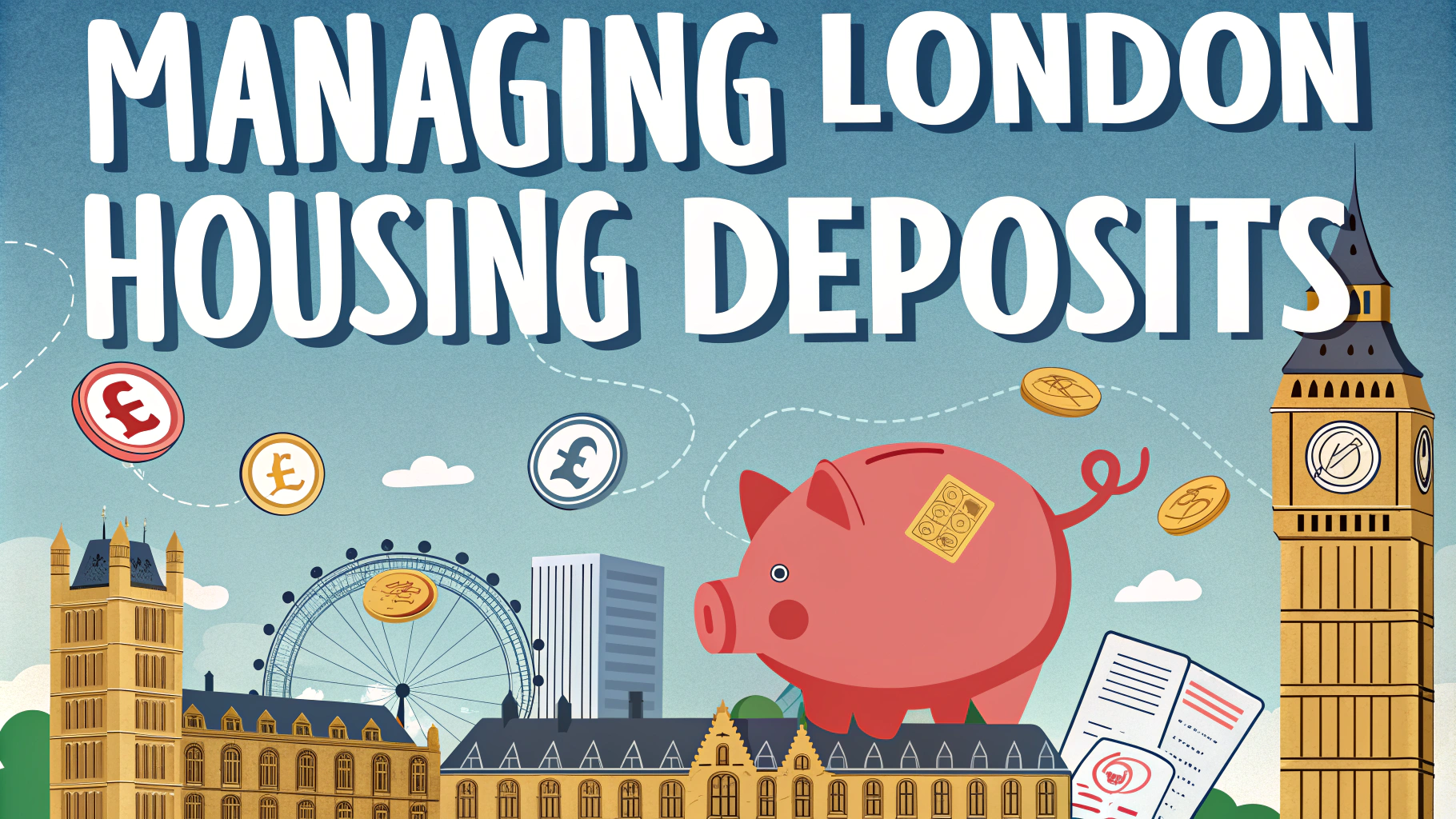Moving to or from London requires careful planning and understanding of the unique housing landscape in one of the world’s most dynamic cities.
Whether you’re relocating within the UK or moving internationally, this guide helps you navigate the complexities of London’s housing market and administrative requirements.
From securing temporary accommodation to understanding council tax obligations, we cover the essential steps for a smooth transition.
Before Moving to London
- Research different areas and neighborhoods based on your budget and commute requirements
- Set up viewings with estate agents at least 2-3 months before your move
- Prepare documentation: proof of income, employment contract, bank statements, and references
- Budget for initial costs: deposit (usually 5-6 weeks’ rent), first month’s rent, and agency fees
Temporary Accommodation Options
Short-term rentals through platforms like Airbnb or SpareRoom can provide flexibility while searching for permanent housing.
Popular Short-Term Options:
- Serviced apartments (from £100/night)
- Apart-hotels
- House shares (from £800/month)
- Student halls during summer (July-September)
Setting Up Utilities
Contact these providers before moving in:
- Water: Thames Water – 0800 316 9800
- Electricity/Gas: Compare providers at uSwitch
- Internet: Major providers include BT, Virgin Media, and Sky
- Council Tax: Register with your local borough council within 48 hours of moving
Moving Out of London
Checklist:
- Give proper notice to landlord (usually 1-2 months)
- Schedule end-of-tenancy cleaning
- Redirect mail through Royal Mail (from £33.99 for 3 months)
- Cancel council tax and utilities
- Update address with banks, employer, and government agencies
Moving Companies
Get quotes from at least three moving companies:
| Company | Contact | Speciality |
|---|---|---|
| Pickfords | 0800 019 8557 | International moves |
| Bishop’s Move | 0800 107 8422 | UK residential |
| Anthony Ward Thomas | 020 7038 0449 | High-value items |
Getting Help and Support
- Citizens Advice Bureau: Free advice on housing and legal matters
- Shelter Housing Charity: 0808 800 4444
- London Housing Rights: Website
Next Steps for Your Move
Create a detailed timeline working backwards from your moving date, allowing extra time for unexpected delays.
Keep all documentation, receipts, and correspondence related to your move in a dedicated folder.
Consider getting moving insurance to protect your belongings during transit.
Storage Solutions
When transitioning between properties, secure storage may be necessary:
- Self-storage units from £50/week
- Mobile storage pods delivered to your door
- Student storage services during summer breaks
- Climate-controlled options for valuable items
Transportation and Logistics
Public Transport Access:
- Order an Oyster card in advance
- Download Citymapper app for route planning
- Consider proximity to tube stations when choosing location
- Research night bus routes if working late
Administrative Tasks
- Register with a local GP
- Update driving license address
- Register to vote at new address
- Transfer or obtain new parking permits
- Set up contents insurance
Making Your Move a Success
Moving to or from London doesn’t have to be overwhelming. Start planning early, maintain detailed records, and use available support services when needed.
Remember to factor in London’s unique challenges like traffic restrictions, congestion charges, and parking regulations when planning moving day.
Stay organized with digital copies of all important documents and keep emergency contact numbers readily available throughout your move.
- Download area-specific apps for local services
- Join neighborhood social media groups
- Keep important documents easily accessible
- Build in contingency time for delays
FAQs
- What documents do I need to rent a property in London?
Proof of identity (passport/ID), proof of address, proof of income (usually 3 months’ payslips), bank statements, reference from previous landlord, and proof of right to rent in the UK. - How much deposit is typically required for London rentals?
Most London landlords require 5-6 weeks’ rent as deposit, which must be protected in a government-approved tenancy deposit scheme within 30 days. - What’s the best time of year to look for housing in London?
Late autumn and winter (October-February) typically have lower rental prices and less competition. Summer months are most competitive due to student turnover and relocations. - How far in advance should I start looking for accommodation in London?
Start searching 6-8 weeks before your intended move date. Properties in London move quickly, typically being let within 1-2 weeks of listing. - What are council tax bands in London and how do they work?
Properties are categorized in bands A-H based on their value. Each London borough sets its own council tax rates, with Band D averaging £1,500-£2,000 annually. - Which London zones are most affordable for housing?
Zones 3-6 are generally more affordable, with areas like Lewisham, Croydon, Barking, and Edmonton offering lower rental prices compared to central London. - What’s the process for ending a tenancy agreement in London?
Provide written notice (usually 1-2 months) as specified in your contract, ensure all rent is paid, clean the property, and arrange a check-out inventory to reclaim your deposit. - Are utility bills typically included in London rental prices?
Most rental prices exclude utilities. Tenants usually pay separately for gas, electricity, water, council tax, TV license, and internet, averaging £200-£300 monthly for a typical flat. - Do I need a UK bank account before renting in London?
While not always mandatory, having a UK bank account makes rent payments easier and is often required by landlords and letting agents for setting up direct debits. - What are my rights regarding rental increases in London?
Landlords can only increase rent once per year unless agreed otherwise, must provide proper notice (usually one month for monthly tenancies), and increases must be fair and realistic.






